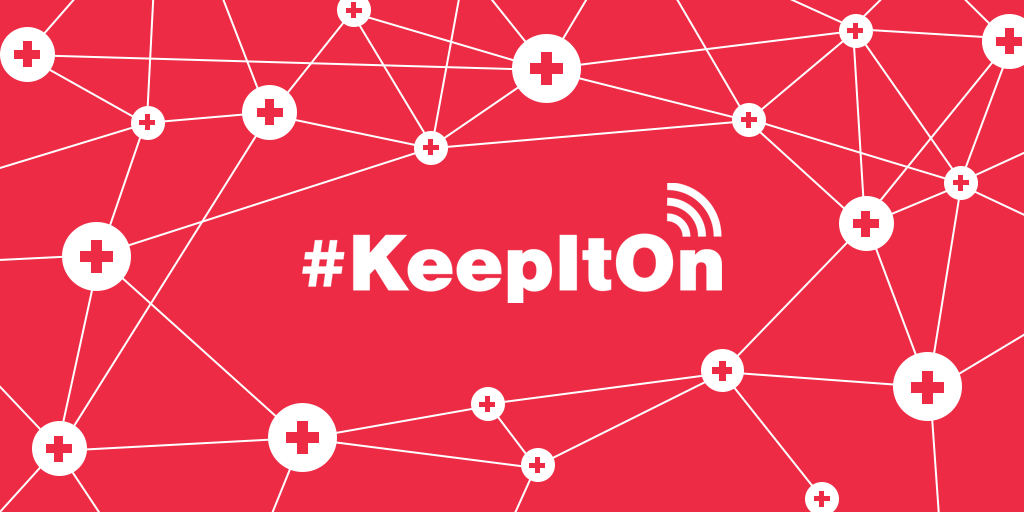On March 23, 2020, Access Now sent a letter to the United Nations High Commissioner for Refugees (UNHCR), the agency charged with providing international protection and humanitarian assistance and seeking permanent solutions for persons within its core mandate responsibilities, including refugees, returnees, stateless persons, among others. The letter aimed to get more information about the UNHCR’s policies regarding internet access and to impress on the agency the dangers that refugee and vulnerable communities are currently facing due to a communications blackout, a matter within the mandate of the UNHCR. We stressed the need for universal, resilient, open, secure and affordable access to information and communications technologies for all, and especially the vulnerable and marginalized communities the UNHCR serves, particularly in light of the global pandemic.
The COVID-19 pandemic poses many unique challenges for refugees. In the wake of the pandemic, it is evident, at the local and global level, that access to information is of fundamental importance. People need vital and often life-saving information about COVID-19 to stay safe and to remain in touch during these challenging times. To mitigate the impacts of this crisis in a manner that respects human rights, we welcomed the opportunity to engage in a dialogue with the UNHCR.
On April 23, 2020, the UNHCR Deputy High Commissioner for Refugees responded to our letter. UNHCR called attention to the Global Compact on Refugees, which “highlights the need to leverage digital technologies to support refugee inclusion in national frameworks, including specifically universal access to telecommunications.” The agency also acknowledged the legal and regulatory barriers refugees face and highlighted the different initiatives UNHCR is currently undertaking to re-connect the deliberately disconnected.
Access Now commends the UNHCR for its willingness to engage with civil society organizations and for its efforts amidst the pandemic. Nonetheless, we call on the agency to further impress on their member states the need to refrain from shutting down the internet and disconnecting refugees from communication tools, especially as COVID-19 continues to spread. We look forward to continuing to engage with the UNHCR through their Innovation Service, which spearheads their Connectivity for Refugee efforts.
